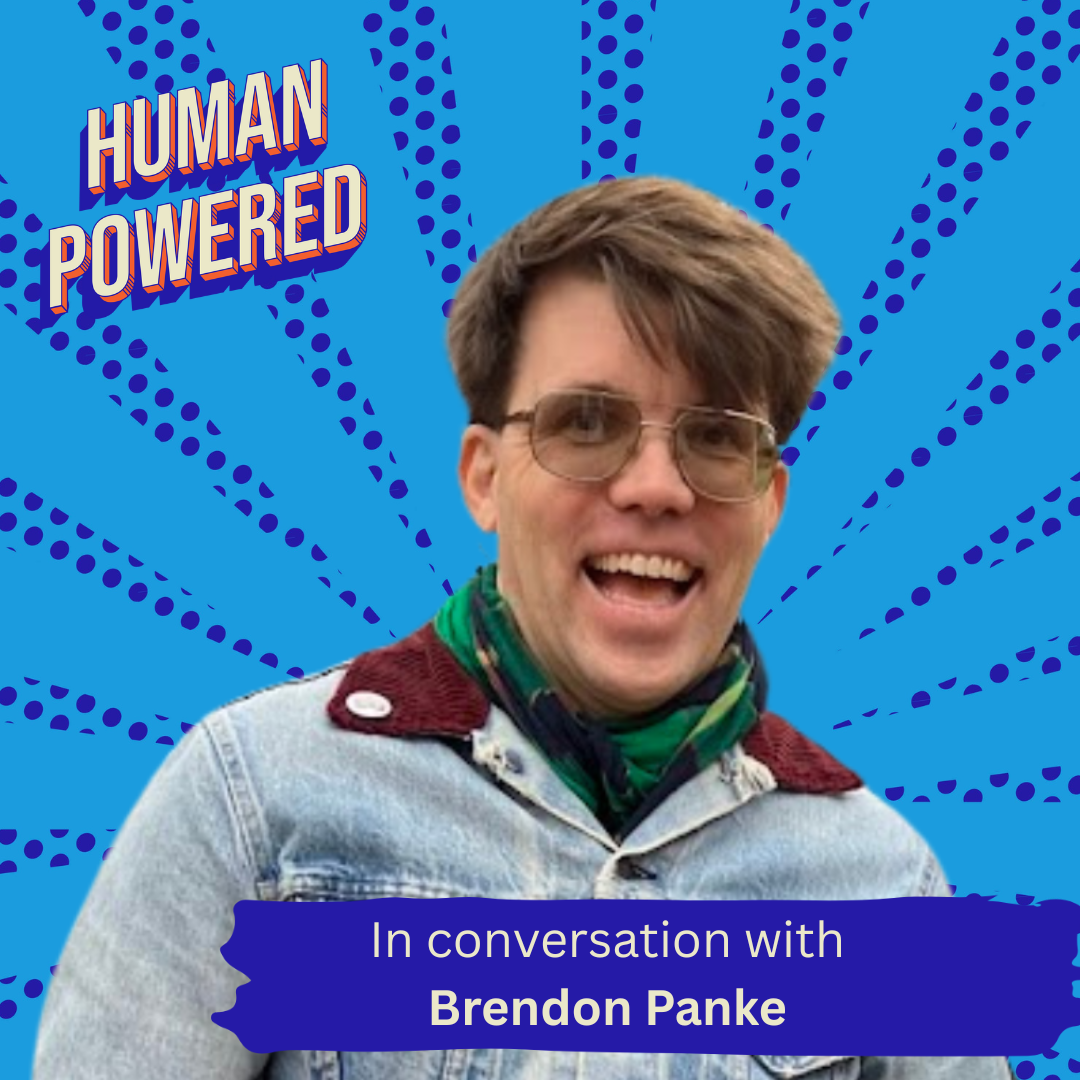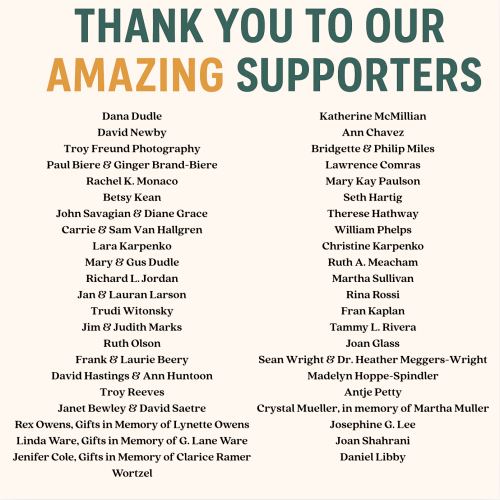Dear Wisconsin Humanities Family, Supporters, and Friends,
I have news -- and it's more hopeful than when our federal funding was terminated.
Perhaps federal funding really could return in 2026?
The House Appropriations Committee took its first action on the 2026 federal budget, voting to fund the National Endowment for the Humanities at $135 million (65% of the the 2025 level). Within the $135 million, state humanities councils were recommended to receive over half, which would actually be an increase. This is far from final and the cut to the NEH as a whole, if it were to happen, would be very sad. But at least it is an encouraging sign of support for Wisconsin Humanities and our sister state humanities councils.
These are very early days in the federal budget process, so we can only take this as a hopeful indicator -- with a long way to go. August and September will be crucial months. As the federal budget process moves ahead, I'll need your help communicating with your members of the US House of Representatives and our Senators. Stay tuned, and I hope everyone reading this will always let your legislators know how you feel about funding for the humanities, and everything else you care about!
A return to programming?
Although there is huge uncertainty about future funding, we want to be ready! I'm hard at work with my two remaining co-workers and our board, planning how we would get our programs restarted in 2026. Doing that will depend upon Congress and you and other generous donors helping when we launch our next fundraising campaign in August.
With hope for 2026, our board and community partners across the state will collaborate to host virtual and in-person listening sessions this summer and fall. We want to gather public humanities supporters and practitioners to hear what's on your mind about your communities and how the public humanities can help. The gatherings will shape WH's future path and help everyone recharge our communal energies.
Thank you for your help and your hopes!
Dena
It's more than just an anecdote
“Stories are told for connection,” says Brendon Panke, who has found ways to use personal stories to build community, entertain audiences, train medical professionals, and help veterans and people who are incarcerated give new meaning and form to their understanding of their place in the world. Jen and Jessica sit down this week with Panke to talk about how teaching people to tell stories more engagingly can help us break through some of the walls we’ve built between each other. Telling stories is crucial to imagining the change we want to see, according to Panke. He believes that narratives are important for deciding where we are going, as individuals and as a society. Listen to the story he’s been telling for over ten years, how it has evolved, and how it led him to make a career out of the human inclination to tell stories. By the end, we know you’ll be looking for public spaces where stories are shared.





